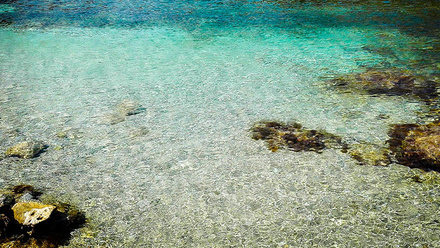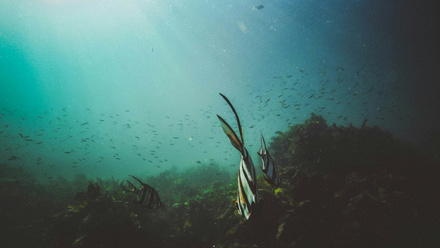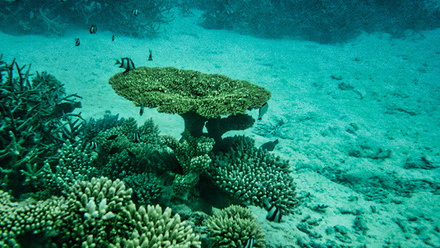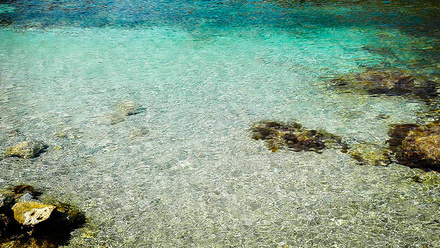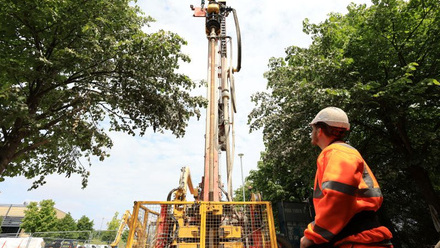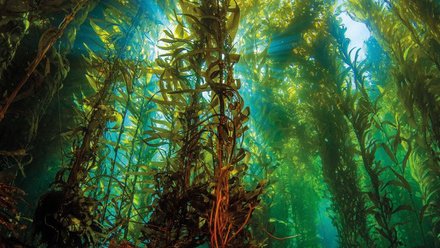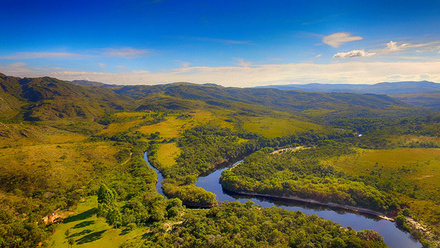Deep-sea mining provides ‘minimal financial benefits’, new report says
Think tank Planet Tracker urges governments and investors to focus on terrestrial mining improvements as it publishes two reports in its deep-sea mining series.
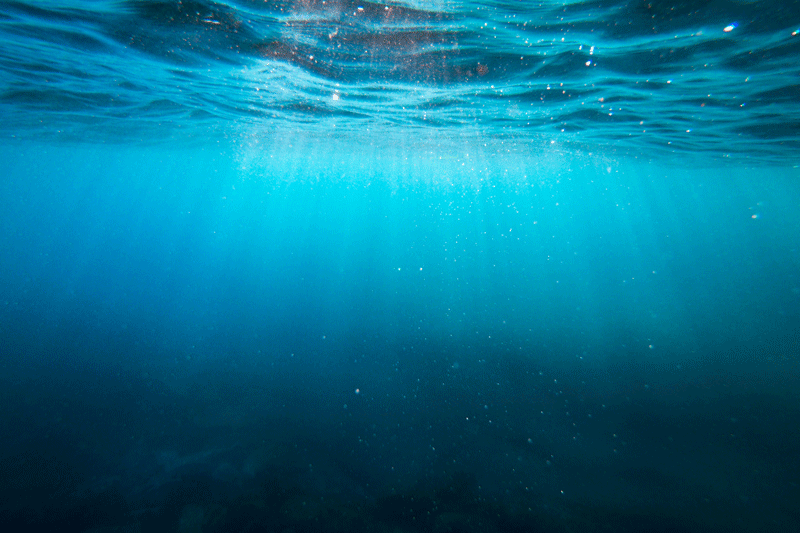
The Mining for Trouble report says that seabed mining will mean countries that mine copper, cobalt, nickel and manganese on land risk losing out on a possible US$560bln in annual export earnings.
While the Race to the Bottom report analyses the taxes and royalties countries could receive through deep-sea mining.
Countries could earn from US$42,000-$7.35mln annually from corporate income tax and royalties from deep-sea mining, the Race to the Bottom report claims - 'an insignificant contribution to government revenues for almost all countries'.
The International Seabed Authority (ISA) are mandated under the UN Convention on the Law of the Sea to organise, regulate and control all mineral-related activities in the international seabed area for the overall benefit of mankind. They are currently debating whether to allow deep-sea mining in international waters.
The Race to the Bottom report claims that ISA Member States are likely to receive small royalties from mining projects, from US$42,000-US$1.1mln.
Seabed minerals are dense and a typical manganese nodule can contain nickel, copper, cobalt, iron silicon and aluminium. The ISA say the Clarion Clipperton Zone contains 21Bt of this resource.


